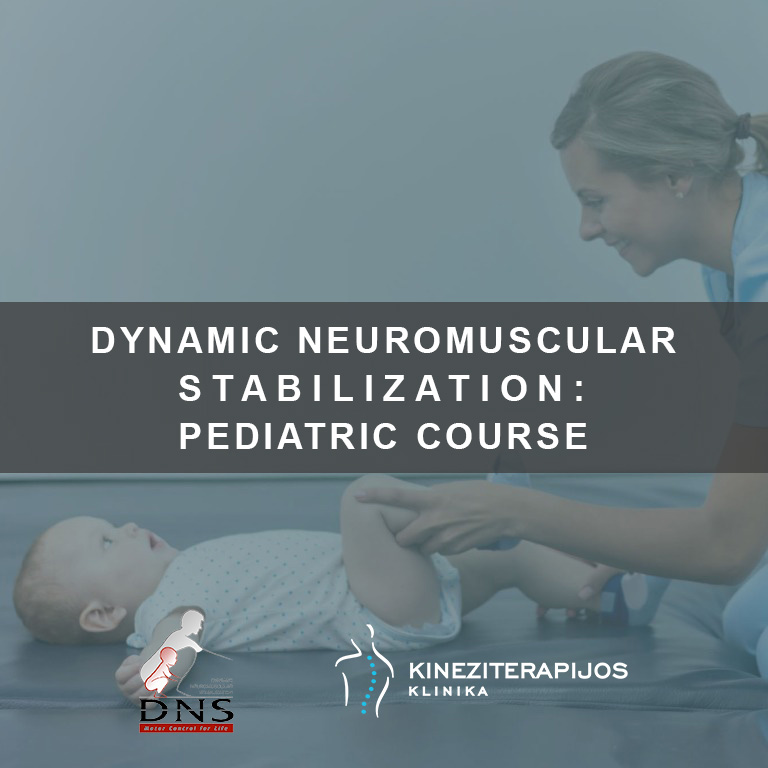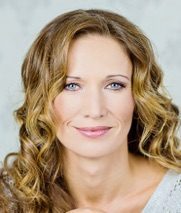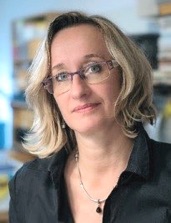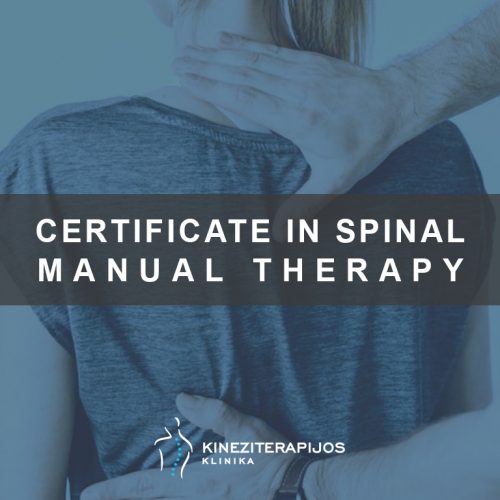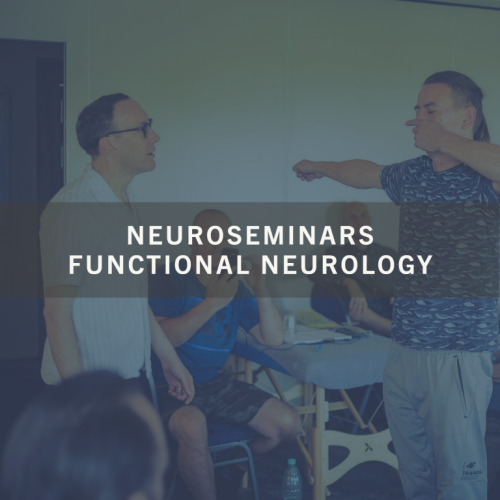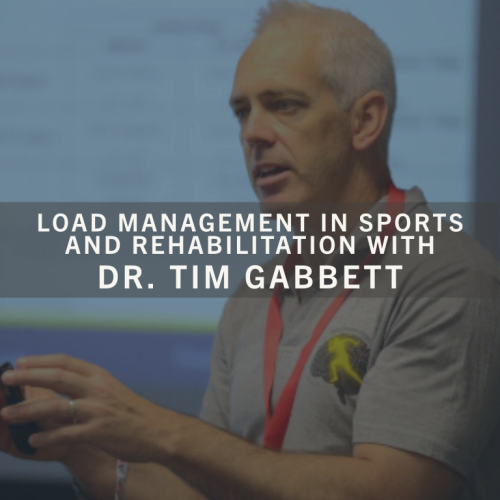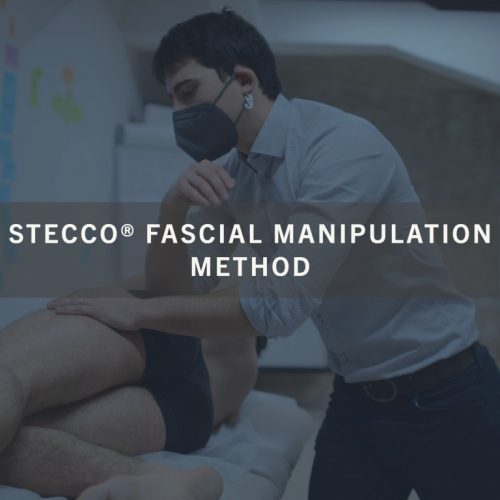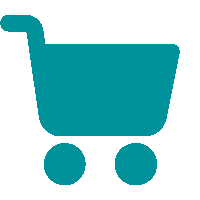Instructors:
Petra Valouchova, MPT, PhD
Petra graduated with a Master’s degree from the Department of Physical Therapy at Palacky University in Olomouc in 1998. She specializes in locomotor system dysfunction rehabilitation. She achieved her Doctorate in Kinanthropology with a focus on Biomechanics in 2001. Her main interest is biomechanics and the kinematic analysis of gait.
Since 2002 Petra worked as a physical therapist at the Rehabilitation and Sport Medicine Department at the Motol University Hospital in Prague. She treats adults and children with movement impairments caused by neurological, orthopaedic and traumatic disturbances.
Petra is also a university lecturer of physical therapy and general medicine at the Charles’ University Medical School. Her lectures include Sports Medicine, Biomechanics, Bobath Concept and Vojta Reflex Locomotion methods. She has also specialized in surface electromyography assessment and has published several articles regarding surface electromyographical studies.
As of October 2011, Petra became Chief physiotherapist at the Centre of Movement Medicine located in Prague (www.cpmpk.cz) – which is one of the two private clinics owned by Professor Kolář and oversees both departments of physical therapy since 2018.
Petra is a certified in Dynamic Neuromuscular Stabilization, Vojta Reflex locomotion principles, Mobilization and Soft Tissue Techniques according to Lewit, and the Bobath Method for adults. She also completed courses in Neurodynamics according to Butler, Quadrupedal Locomotion method according to Klapp, Taping methods including Kinesiotaping, Stecco Fascia Manipulation, and the Barral Institute method of Visceral Manipulation.
Petra works closely under Professor Pavel Kolar’s supervision, she is an expert in Dynamic Neuromuscular Stabilization and is also a certified Instructor in Developmental Kinesiology and Dynamic Neuromuscular Stabilization since 2002.
She regularly teaches DNS courses throughout Europe, USA, Canada, South America, China, Taiwan, Indonesia and Australia.
Petra has been a Fitness Step Team World Champion in 2003 and 2004, and European Champion in 2004.
Marcela Safarova, DPT, PhD
Marcela graduated from Charles University Dept of Physical Therapy and specializes in rehabilitation of locomotor system dysfunction. She works as a physiotherapist of the Rehabilitation Department at the University Hospital Motol in Prague.
Ms. Safarova is a certified Vojta therapist and she is going to be the certified assistant for Vojta´s method teaching. She has trained and worked with Professor Kolar and Dr. Kobesova at the rehabilitation department for several years, where she treats both adults and children. Recently she is focusing more on the pediatric clients and specializes on the treatment of adolescent idiopathic scoliosis. She regularly instructs both medical and physiotherapy students at the hospital. Fluent in English, Ms. Safarova has worked as an assistant skills instructor for several Professor Kolar’s courses for international clinical groups who came to study in Prague, in addition to lecturing on his methods in Denmark, Sweden, Austria, China, Taiwan, Japan, Israel, Jordan, Australia and USA. In addition to reflex locomotion methods, she is a certified teacher of Professor Karel Lewit’s techniques, just finished the second level of Stecco FM course in 2018. She is graduated from Charles University Prague June 2009; PhD thesis: Musculoskeletal System Dysfunction in Patients in Long-Term Remission of Wilms Nephroblastoma.
For more information: Phone: +370 618 67325 or E-mail: [email protected]
IMPORTANT!
The price of the course does not include 100 Eur. fee for the Prague Rehabilitation School, which is necessary to attend the course.
To pay the fee, please use the follwing links:
-For Pediatrics Course I, Kaunas: November 3-6, 2022: https://www.rehabps.cz/rehab/course.php?c_id=2172
-For Pediatrics Course II, Kaunas: March 10-13, 2022: https://www.rehabps.cz/rehab/course.php?c_id=2276
-For Pediatrics Course III, Kaunas: October 5-8, 2023: https://www.rehabps.cz/rehab/course.php?c_id=2305

